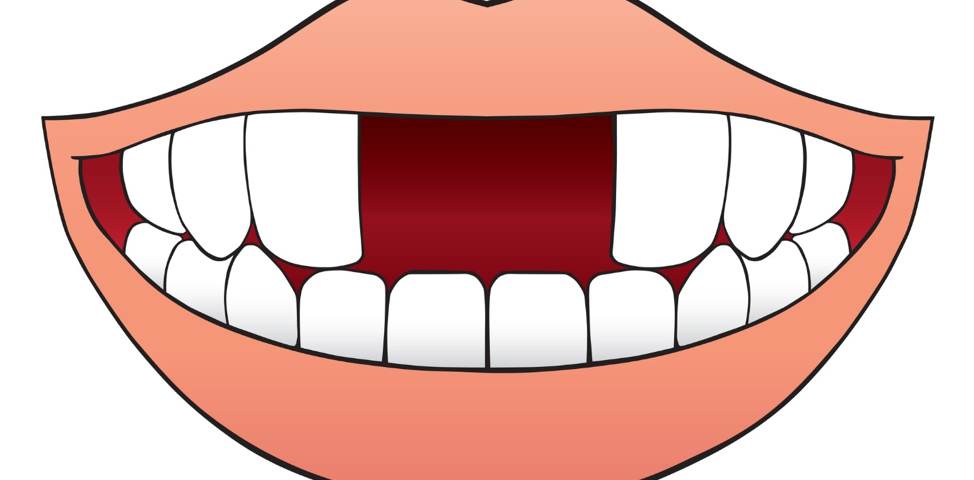
Grant Park Dentist Offers Tips for a Healthy Mouth
March 27, 2021
Invisalign: Treatable Cases, Cost, Care, and Candidacy
April 9, 2021Missing teeth pose several oral and overall health problems. For example, a missing tooth makes the gums more vulnerable to disease-causing bacteria. This can lead to gingivitis and periodontal disease which causes overall health problems like diabetes and heart disease. One or more missing teeth also cause jawbone deterioration, leading to further tooth loss. The best way to stave off these consequences is to seek professional dental care.
Patients with one, two, or three missing teeth in a row have two restorative dental options: dental implants or a traditional dental bridge. So, how do you know which one is best? Our Grant Park dentist discusses these two options in this blog.
Dental Implants
An implant is a small, screw-like rod that is inserted into the jawbone. The top of the implant sits right below the gums and attaches to an abutment—a connecting piece that joins the implant with the crown, bridge, or denture.
Benefits of Dental Implants
A traditional dental bridge and an implant-supported bridge are very different. Here are the benefits of choosing dental implants:
- Long-lasting: Dental implants are the longest-lasting restorative option available
- Natural-looking: Implants help patients retain their face shape and restore a natural appearance to the patient’s smile
- Don’t damage adjacent teeth: Traditional dental bridges require dentists to remove enamel from neighboring teeth, dental implants only strengthen those teeth
- High success rate: The dental implant success rate is around 97 percent
- Strengthens jawbone: Once inserted, the implant and bone join through a natural process called osseointegration.
Drawbacks of Dental Implants
Some of the most common complaints about dental implants include:
- The long treatment process
- More expensive
- Risk of surgical complications
- Less likely to be covered by insurance
Most of these disadvantages have an equal advantage. For example, the treatment process is long, and it may be more expensive, but patients will most likely never need to replace their implant ever again—this isn’t the case with other dental restorations. Therefore, patients may actually be saving money and time in the long run.
Dental Bridge
Traditional dental bridges replace one, two, or three missing teeth in a row. The bridge consists of prosthetic teeth between two dental crowns. These crowns attach to the healthy teeth on either side of the patient’s gap and the prosthetics hang in the middle.
Benefits of a Dental Bridge
The advantages of choosing a dental bridge include:
- Doesn’t require surgery
- Lower overall cost
- Requires only two dental visits
- Usually covered by insurance
Dental Bridge Cons
Patients sometimes choose implants over a dental bridge because of these disadvantages:
- May need to be replaced every 5 to 7 years
- Higher risk of cavities and decay in neighboring teeth
- May damage surrounding healthy teeth
- Loses natural-looking appearance over time
Find Out Which Option is Right for You
The best way to determine if a dental bridge or implant is the best restorative option for your smile is to visit your local dentist. Dr. Abbey J. Lee in Grant Park is an experienced and compassionate dentist who loves helping patients gain and maintain optimal oral health. During your initial consultation, Dr. Lee will examine your teeth and gums, discuss your smile goals, and recommend the best treatment option.
Contact our friendly dental team today at (404) 328-7177 to schedule your initial consultation.


